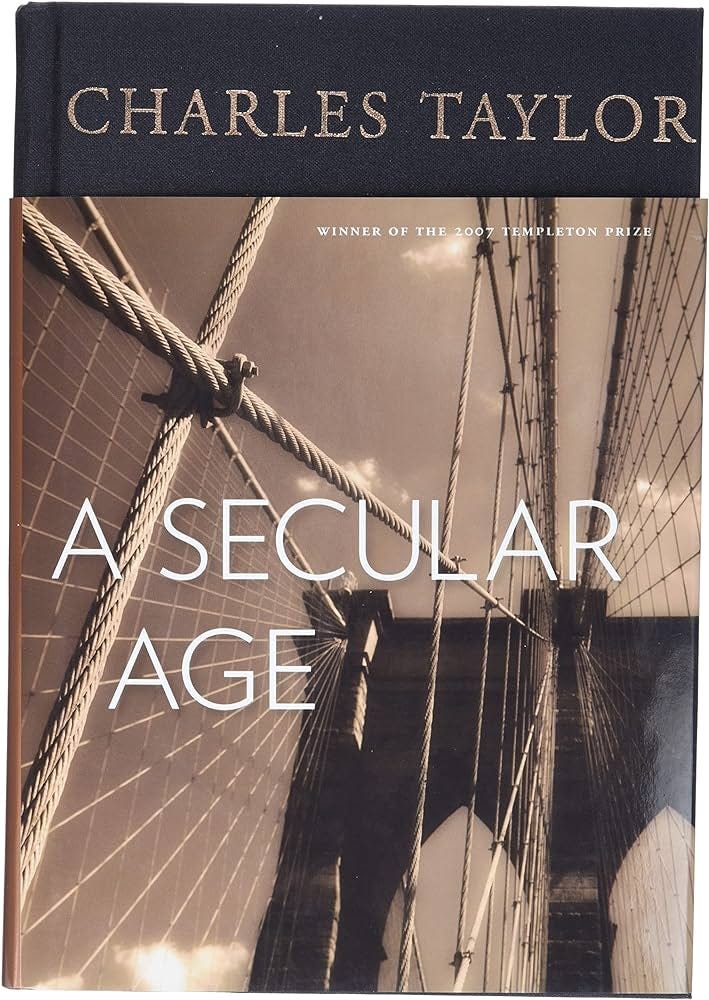Charles Taylor and our "disenchanted" secular age
One of the landmark studies that I have been reading over the past few years is Charles Taylor’s A Secular Age ( 2007). His major concern is not so much how we have arrived at modern “secularity”—that is, the history behind the secularization of the West, its causes and its roots—but what are the leading charteristics of this “secular age” in which we must live and move.
I began reading Taylor since I was involved in directing a doctoral thesis at St Paul’s University in Ottawa (by Alex Farley) in which Taylor’s incisive analysis of the modern day formed a major part of the thesis’ focus. I am no longer involved in supervising Alex’s thesis due to time commitments, but I am deeply thankful to Alex for getting me into Taylor.
In fine, I find Taylor’s analysis of the impact and shape of modernity compelling. According to Taylor, we live in a “disenchanted age,” marked by (1) a loss of understanding humanity’s place in a cosmos ordered by divine providence; (2) an inability to perceive the presence of God throughout creation and human society; and (3) the rejection of the possible existence of forces and powers beyond our tangible, visible, material, quantifiable world that is subject to human technological manipulation.
If Taylor is phenomenologically correct about the mentalité of our day in Western culture, and personally, I believe that he is, how should the Church live in the midst of this culture?
At some point, I would love to write an essay that seeks to give something of an answer to this question.




